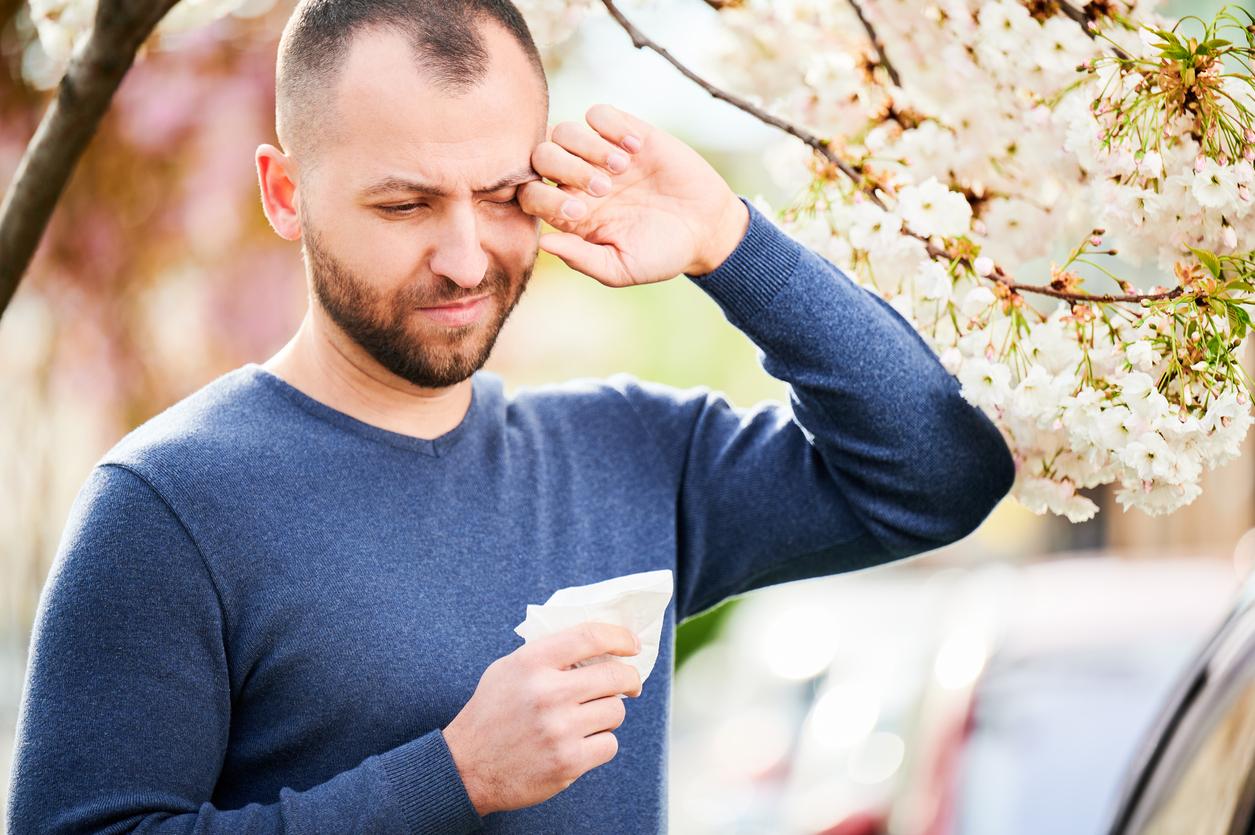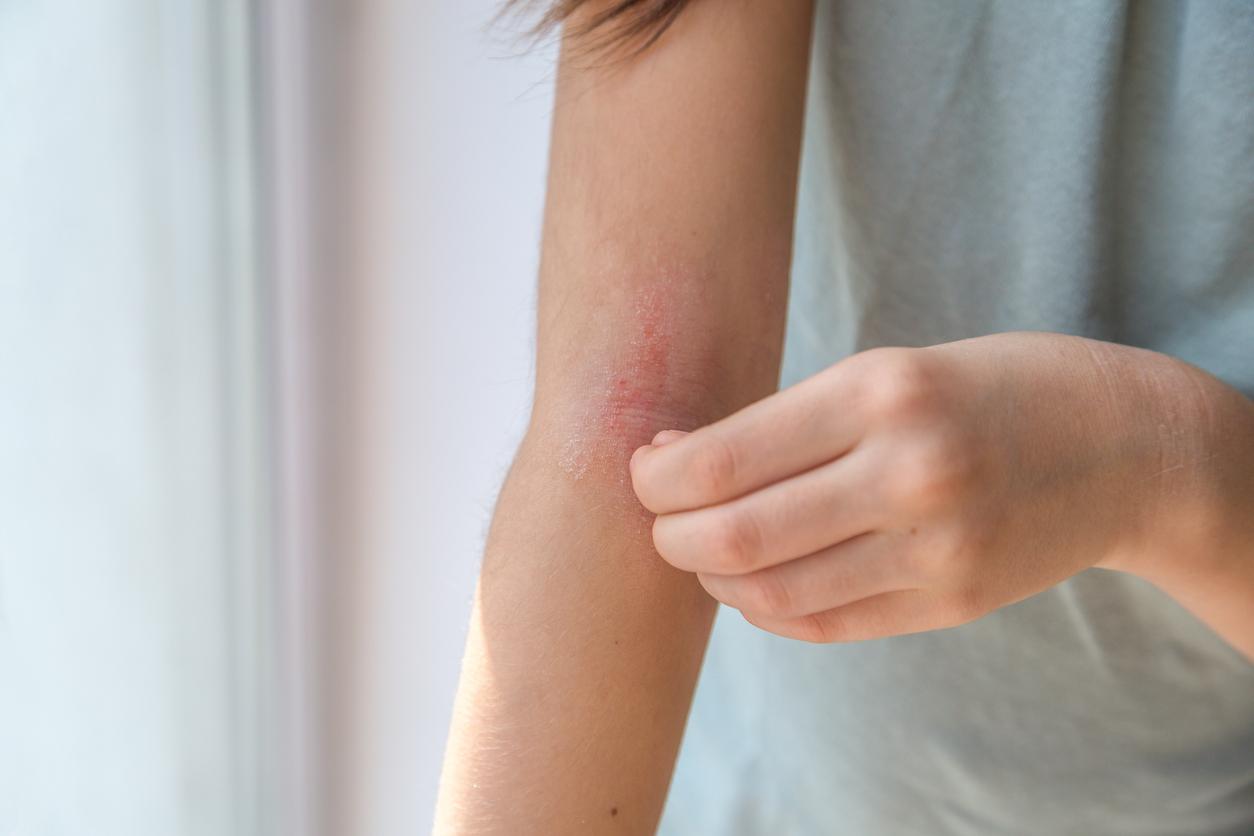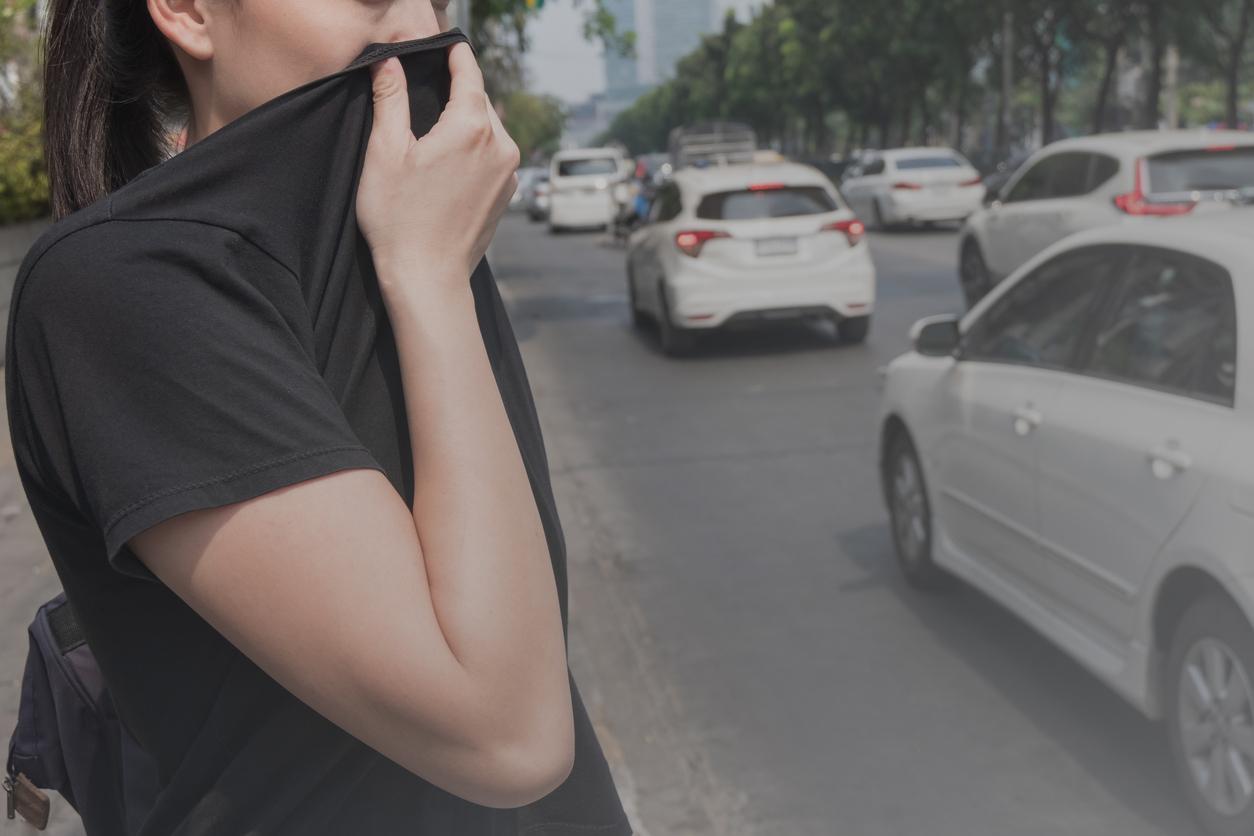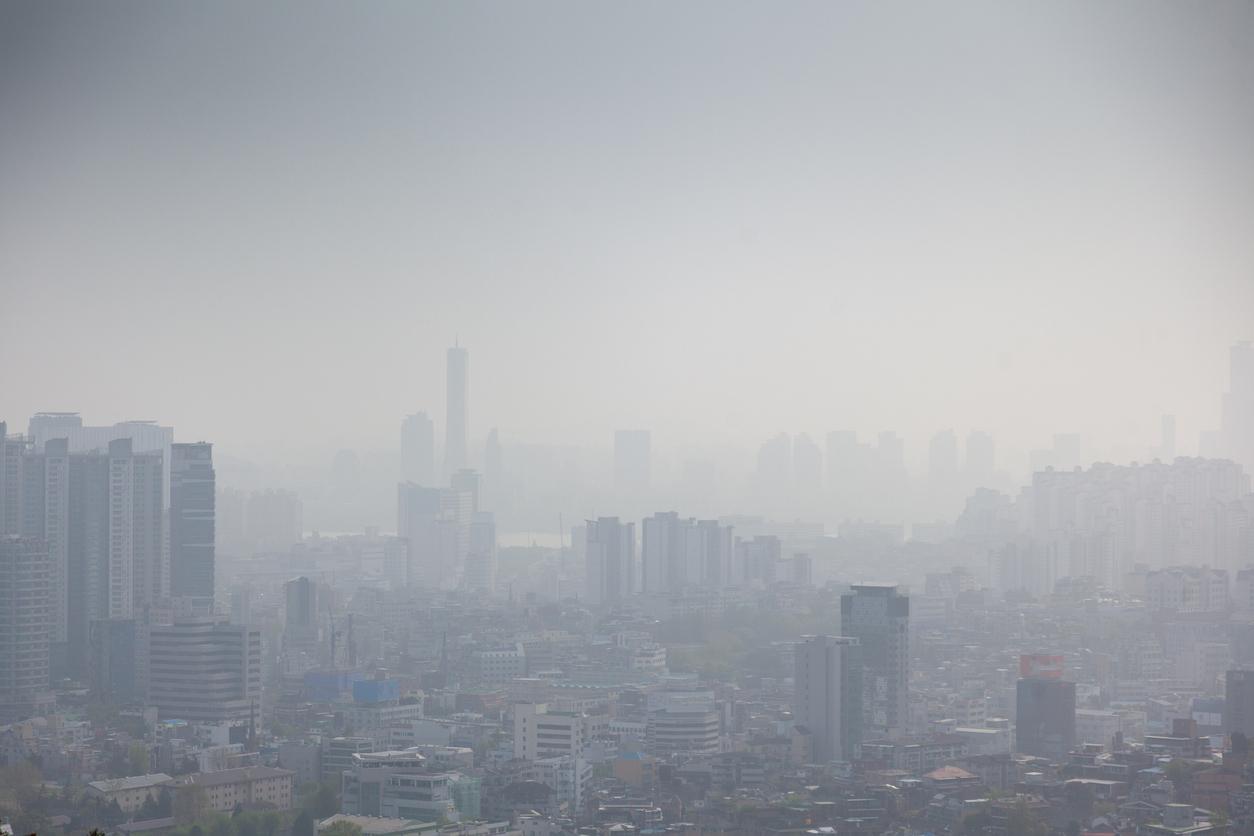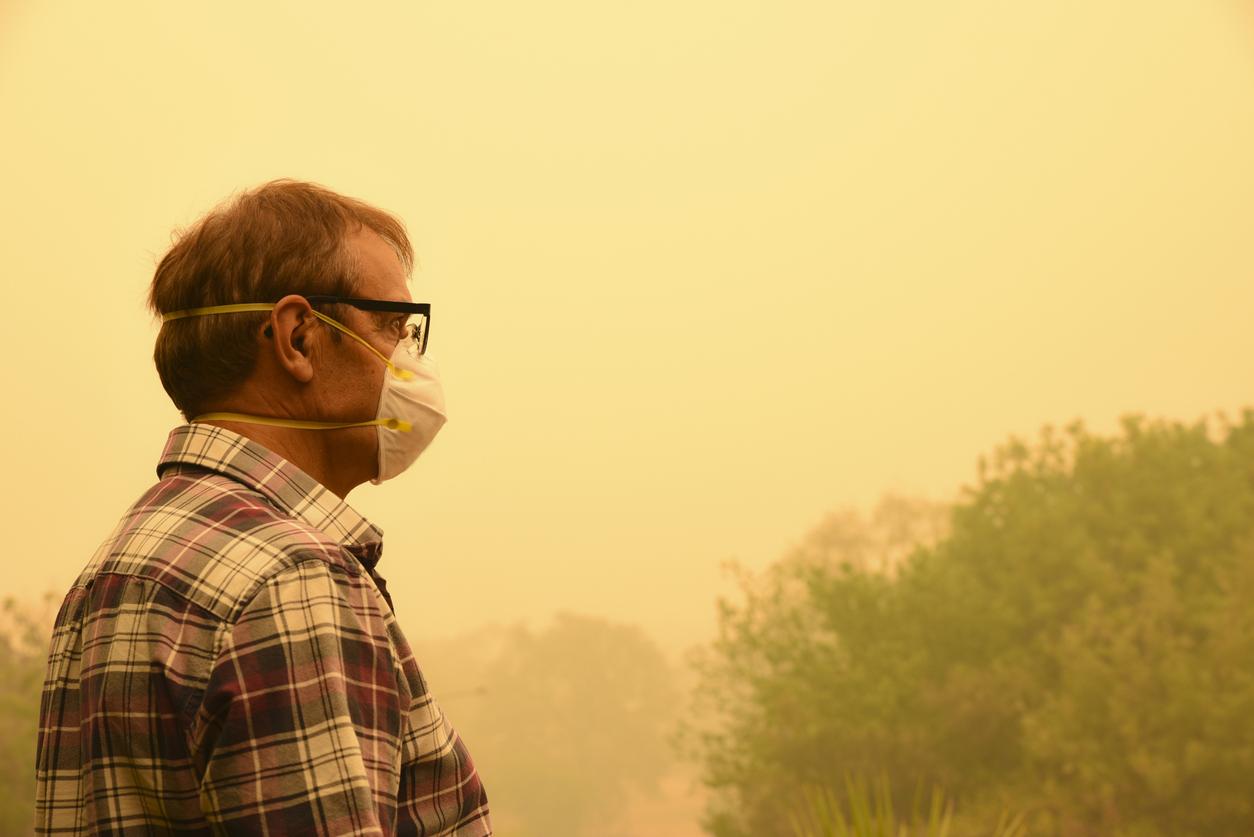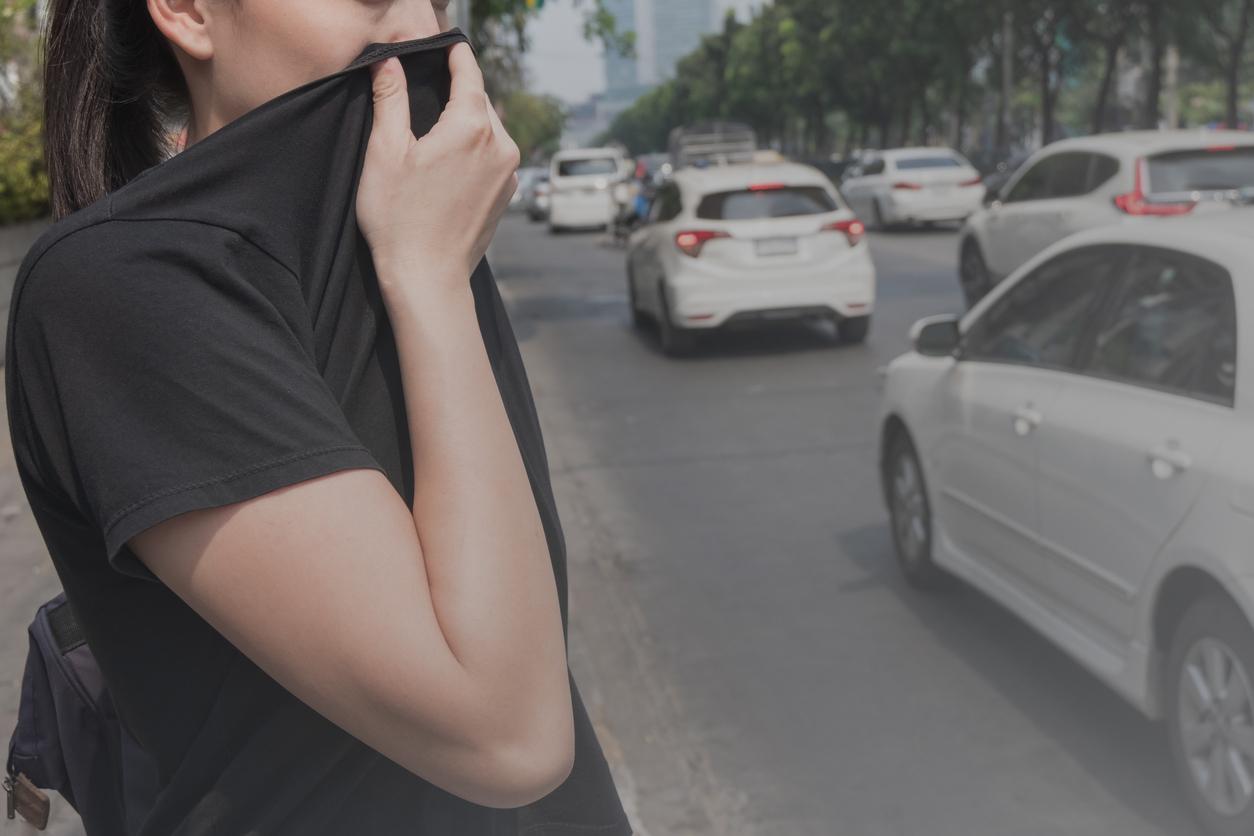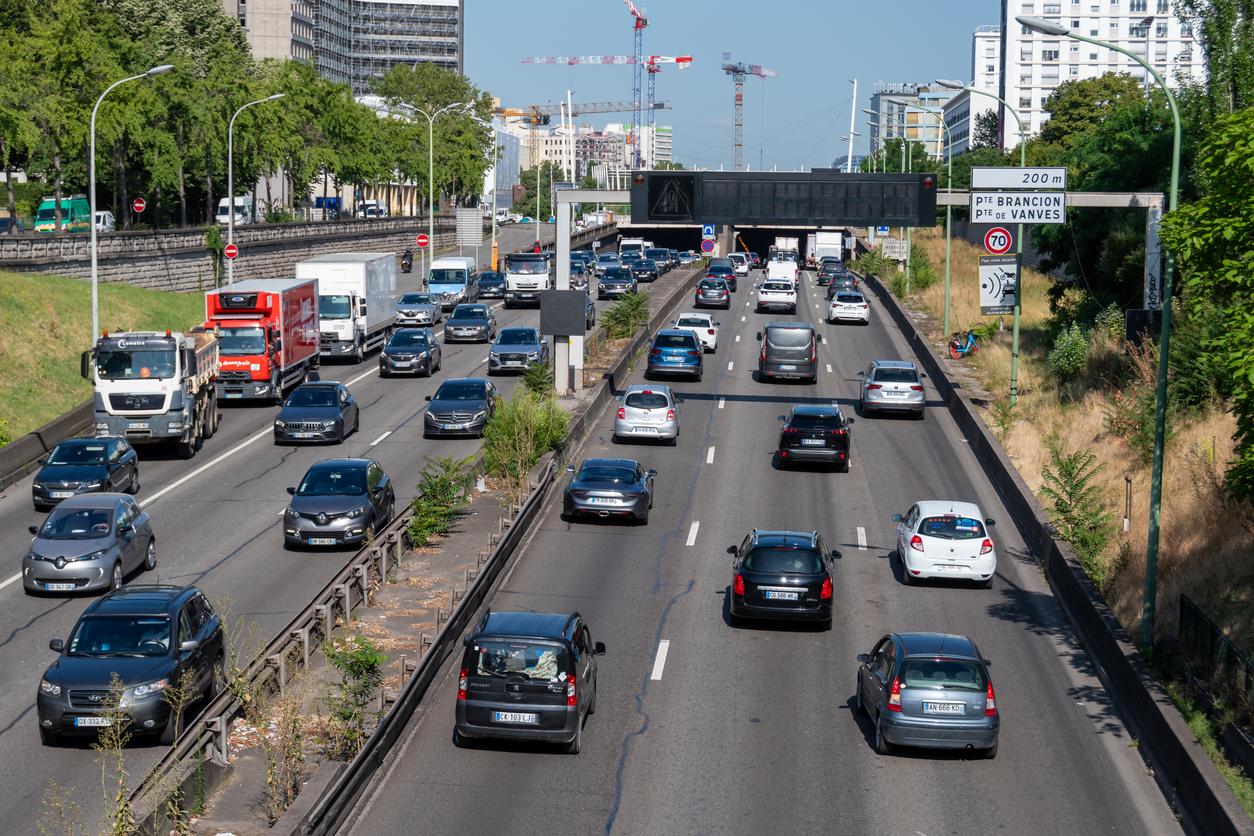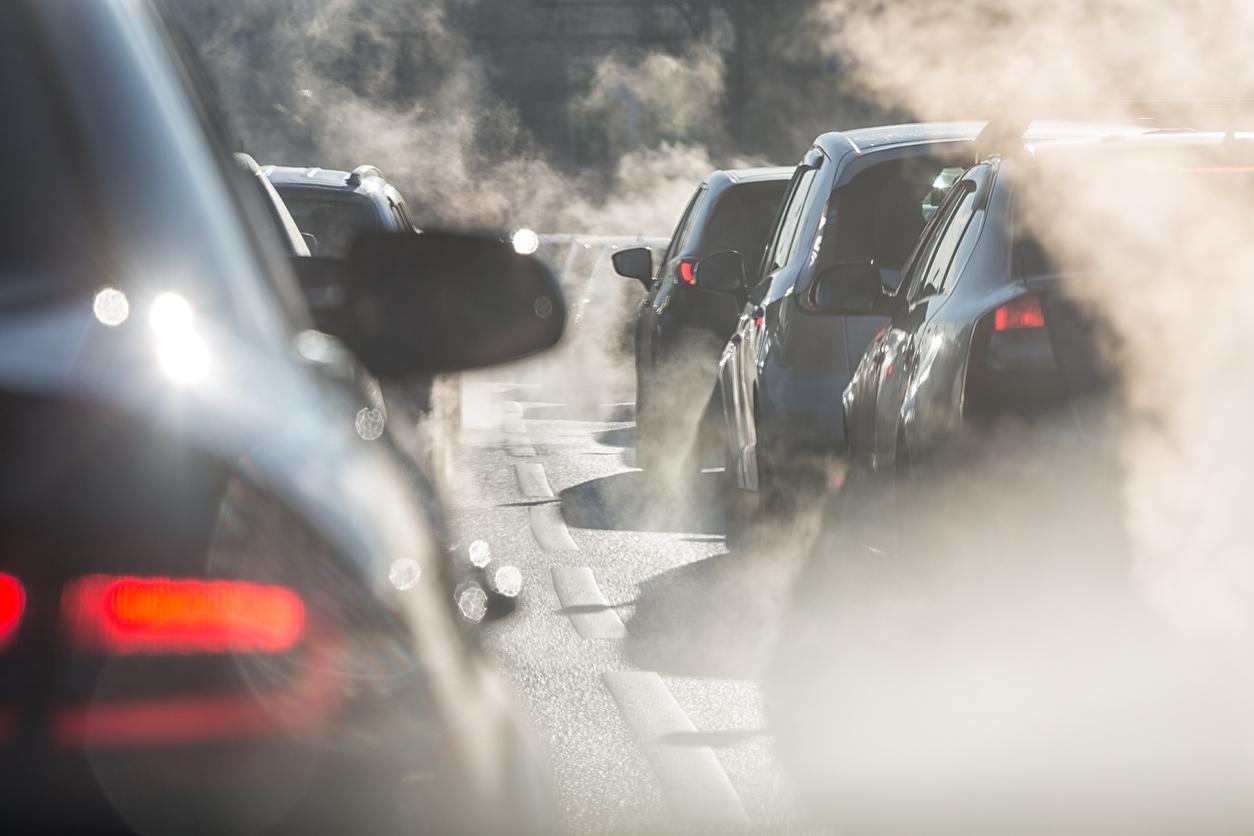The Air Normand network plans for this Wednesday air pollution by suspended particles. Île-de-France, also affected, is already announcing drastic measures.

Like last year at the same time, an increase in the levels of suspended particles is scheduled for Wednesday, January 20 in the departments of Seine-Maritime and Eure (Haute-Normandie), the fault of the dispersion conditions. adverse weather conditions. This new episode could even lead to the exceeding of the information threshold for vulnerable (1) and sensitive (2) people, alert this Tuesday Air Normand.
And in the event that this forecast comes true, this air quality monitoring network anticipates by reiterating already shis recommendations usual for the populations concerned. Thus, he advises them to limit intense physical and sporting activities (including competitions), both outdoors and indoors; and to limit travel on major roads and their surroundings during peak periods.
Free residential parking tomorrow in Paris
But these polluting particles, of local or more distant origin, and of varied composition, are not present only in Normandy. Île-de-France will also be affected tomorrow. Airparif, the air quality monitoring association in the Paris region, in fact predicts an episode of fine particle (PM10) atmospheric pollution for Wednesday, with a possible exceeding of the threshold of 50 µg / m3 for the d information and alert for this pollutant.
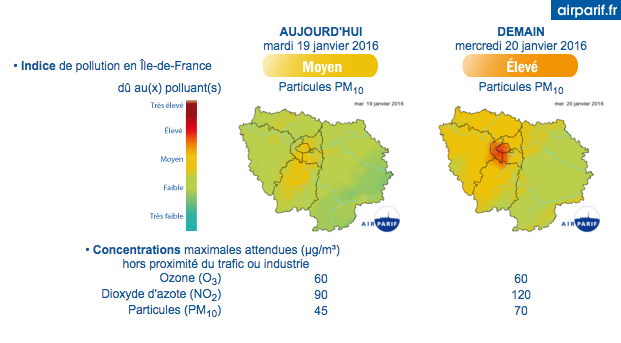
Source: Airparif
An alert that did not take long to make the public authorities react. In a Press release published on Tuesday, the City of Paris indicates that “in accordance with the provisions adopted in May 2014 by the Council of Paris, on a proposal from the Paris executive, the City will set up free residential parking on Wednesday”. “Depending on how the situation evolves in the coming days, other additional measures may be taken: free of charge for Autolib ‘, Velib’, etc.”, the statement continued.
“The City of Paris calls on all Parisians to follow the prevention messages and to adapt their behavior, by using public transport networks, carpooling or the use of low-polluting vehicles as a priority”, concludes the Town Hall.
(1) Vulnerable populations: Pregnant women, infants and young children, people over 65, people suffering from cardiovascular pathologies, cardiac or respiratory failure, people with asthma.
(2) Sensitive populations: People who recognize themselves as sensitive during peaks of pollution and / or whose symptoms appear or are amplified during peaks (for example: diabetics, immunocompromised people, people suffering from neurological disorders or at risk of heart, respiratory, infectious).
.







